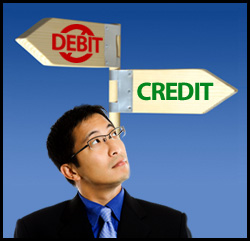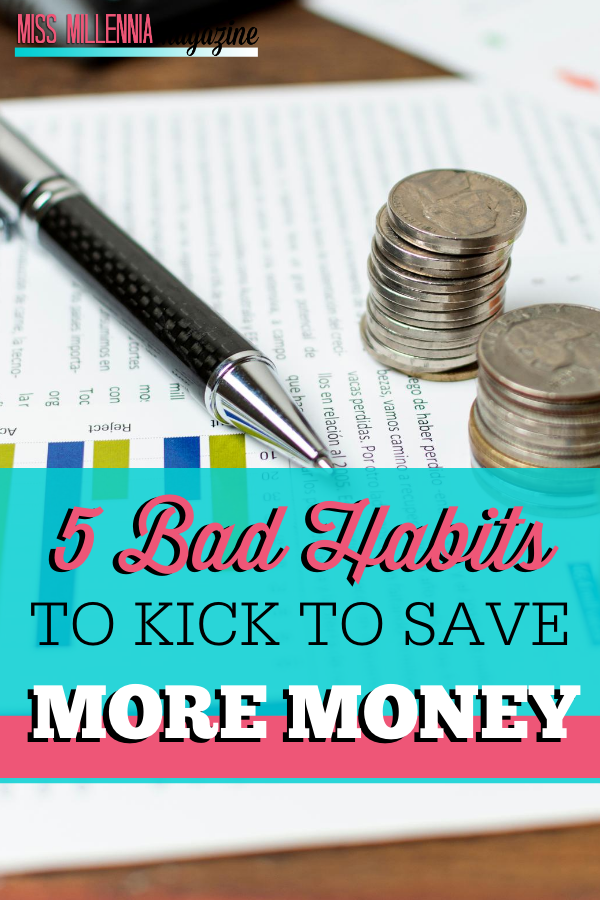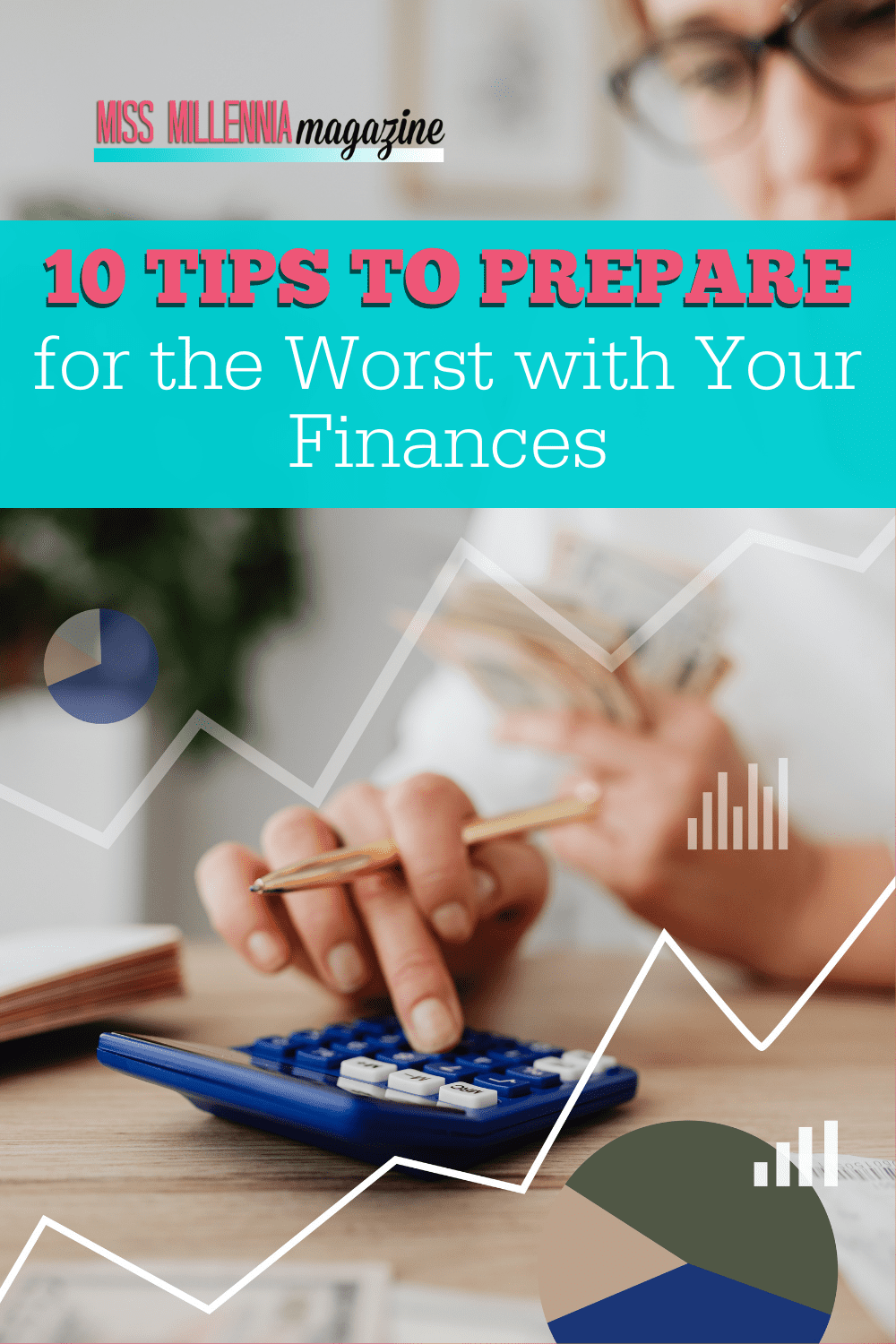Debit or Credit?
We all hear the same question at the end of being rung out at the grocery line. “Would you like to use debit or credit?” I don’t know about you, but when I first started my life-long relationship with credit cards, I would hesitate at the question, unsure which was the best. The same hesitation appeared when I would make large purchases (over $100), buy items online and other everyday purchases. So, the question is, what do I use – credit or debit?
While I do not claim to be any sort of financial advisor or professional, as an everyday user of money, credit cards, and debit cards, I have found that by following a couple rules harvested from family, friends, and real-life financial advisors, I have managed to be financially steady. With that said, here are a few tips of advice for when to use debit or credit when dealing with everyday life.

The first tip, and probably the most important tip I have learned, is that you never, absolutely never, use your debit card for online purchases – only credit cards. The reason being that a debit card is directly connected with a checking account which means that the money for the order is taken directly from your account at the time of purchase. The benefit of this is that you won’t forget to pay off the purchase near the end of the month. However, it also makes your bank account more susceptible to theft. What makes card fraud worse with debit cards is that, unlike credit cards, there is no period of time between when the charge is made and when the money is withdrawn to make that purchase. This means that if someone got a hold of your debit card information, the charges they make will immediately be withdrawn from your checking account, leaving you broke before you know it. It’s also difficult for the bank to credit you back the money because it’s liquid cash that’s been withdrawn; it’s similar to someone physically taking all the money in your account instead of just pokering chips representing your money. Credit cards are much smarter for online purchases since, if something goes wrong, you can report the fraudulent credit charge and simply have the charge canceled along with your card and your hard-earned dollars are kept nice and safe.
Therefore, using your debit card online is not a good idea because the internet is such a vast playground that it would be difficult, if not impossible, to track down the individual who has stolen your debit information. Not to mention how difficult it would be to track down every cent they spent in the hundreds of online shops and services they have access to. To avoid this headache, never use your debit card online and make sure to check your debit charges often. I tend to check my bank account at least once every couple of days to make sure there are no wayward charges on it, since, once before, I had a fraudulent charge of $16 (thieves always start with small charges to see if you’re looking) and immediately called my bank. The card was cancelled and the scandalous $16 were credited back to me and I haven’t had a strange charge ever since. By knowing that I never use my debit card online and by checking my charges often, I was able to catch debit card theft before any real damage had been done.
The second tip I will share is use a credit card, if making a purchase over $100 dollars. The reason behind it is that any large purchase is usually a luxury item and if you’re like me, you can be a little hesitant about these purchases. Personally, I feel buyer’s remorse every time I buy an expensive pair of shoes (my kryptonite) or similar items. I always like to keep the receipt and the ability to return the product and have the purchase credited back to me instead of moving around my debit card. Big purchases are best made with a credit card because it gives you a little buffer of time to decide if you’d like to keep that purchase or if you wish to return it. If you decide to return a credit card purchase, it also gives you that amount in your credit card, allowing for future purchases to be made and paid off by the card with the extra credit balance. Another benefit is that some credit cards have a point system where you earn points from purchases made on the card. My mother recently paid for a hotel stay and plane tickets using the point system with her American Express (she travels a lot for work) which is a great benefit because you’re essentially paying your way to a vacation, which is always a good purchase.
As a result, you shouldn’t use your debit card online or for large purchases – when should you use it? A debit card is perfect for every day little purchases. That occasional coffee at Starbucks, groceries, essentially places where you would use cash (except for parking machines – I associate that with online/virtual purchase and prefer credit cards). In my mind, the debit card is like actual cash and, therefore, should only be used for small purchases at places that are trusted. By doing this, not only are you protecting your account from fraudulent online charges but it helps you keep track of your money to the cent. Instead of having to go back and see how many dollars you spent, you can use your debit transactions records to record exactly how much money was spent where, making budgeting much easier.
While the above tips have been successful for my own personal money management, they are not set in stone. As always, find what works for you to help keep track of your money and always be careful with how and where you spend it to avoid credit card theft. Even if you decide you do not want to use the tips listed above, at the very least, you should check your charges often and keep track of where you use your cards in order to protect yourself and your finances.






